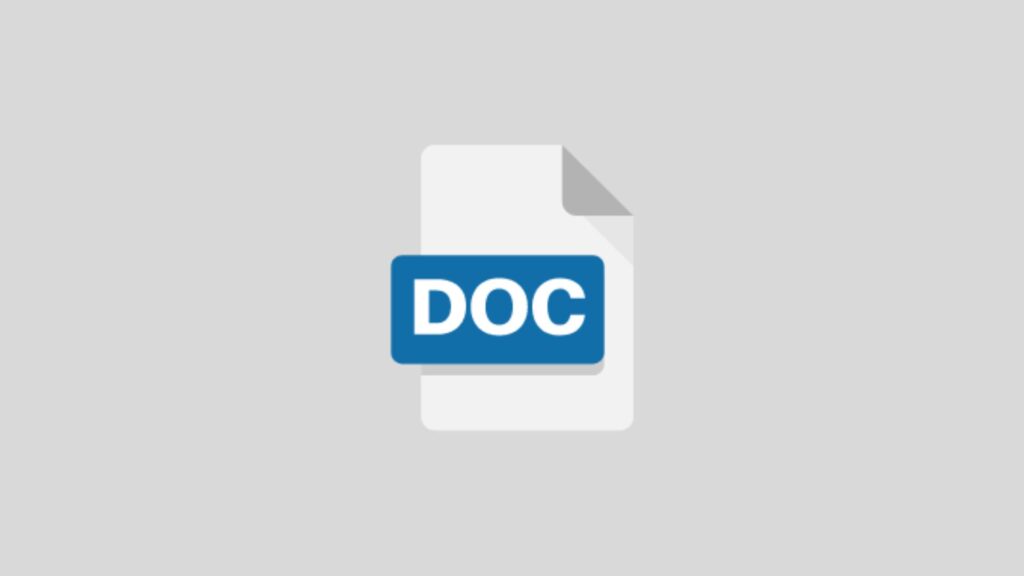Taxation plays a critical role in shaping the economy of any country. Governments use taxes to fund public services, infrastructure, and social programs, all of which contribute to economic development. However, the structure and rates of taxation can either stimulate or hinder economic growth. In this article, we’ll explore how taxation impacts economic growth, the types of taxes involved, and the delicate balance between generating government revenue and fostering economic activity.

Understanding Taxation and Economic Growth
Taxation refers to the compulsory financial contributions imposed by governments on individuals and businesses. Economic growth is measured by the increase in a country’s output of goods and services over time, typically reflected in its Gross Domestic Product (GDP). Taxes impact economic growth by influencing consumer behavior, business investments, and government spending.
The relationship between taxation and economic growth is complex. While taxes are necessary to provide essential services and infrastructure, excessive or poorly structured taxes can dampen growth by discouraging investment and reducing disposable income.
Types of Taxes and Their Impact
Income Taxes
Income taxes, both on individuals and businesses, are one of the most direct forms of taxation. Personal income tax affects individuals’ disposable income, while corporate income tax influences business profits.
Impact on Economic Growth:
- High income tax rates may discourage individuals from working or businesses from expanding, potentially slowing economic activity.
- Lower income tax rates can boost consumption and business investments, leading to job creation and higher output.
Consumption Taxes
Consumption taxes, such as Value-Added Tax (VAT) or sales taxes, are levied on the purchase of goods and services. These taxes tend to be regressive, as they impact lower-income households disproportionately.
Impact on Economic Growth:
- Moderate consumption taxes encourage spending, as people feel more comfortable purchasing goods and services, stimulating the economy.
- High consumption taxes can dampen consumer demand, reducing business revenue and economic growth.
Corporate Taxes
Corporate taxes are imposed on company profits. While necessary for government revenue, high corporate tax rates can deter investments and innovation, as businesses seek to protect their profit margins.
Impact on Economic Growth:
- Lower corporate tax rates attract foreign investments and encourage businesses to reinvest profits in expansion, leading to job creation and technological advancements.
- High corporate taxes may push companies to relocate to countries with lower tax rates, leading to capital flight and reduced domestic economic activity.
Property Taxes
Property taxes are assessed based on the value of land and buildings. These taxes are often used to fund local services, such as schools, roads, and public safety.
Impact on Economic Growth:
- Reasonable property taxes support infrastructure development, which is essential for long-term economic growth.
- Excessive property taxes can burden homeowners and discourage real estate investments, negatively affecting the construction and housing sectors.
The Role of Taxation in Government Spending
Governments rely on tax revenue to fund public services, such as education, healthcare, and infrastructure. Effective taxation allows governments to invest in projects that promote economic growth, such as building roads, bridges, and schools. However, inefficient tax policies or misallocation of tax revenue can limit the positive impact on growth.
Impact on Economic Growth:
- Well-directed government spending on infrastructure, education, and healthcare improves productivity and creates an environment conducive to growth.
- Misallocation of funds or excessive government intervention can stifle private sector growth and lead to economic inefficiencies.
Balancing Taxation and Growth
The challenge for policymakers is to design tax systems that generate sufficient revenue without impeding economic growth. Striking this balance often involves:
- Lowering tax rates while broadening the tax base to ensure everyone contributes.
- Incentivizing investment through tax credits and deductions for businesses.
- Simplifying tax codes to reduce administrative costs and make compliance easier.
Taxation and Innovation
Taxation can also impact innovation, which is a key driver of long-term economic growth. Countries with lower corporate taxes often attract high-tech industries and startups, while those with high taxes may see slower rates of innovation.
Impact on Economic Growth:
- Tax incentives for research and development (R&D) can stimulate innovation, leading to technological advancements and higher productivity.
- Heavy tax burdens on businesses can limit resources for innovation and slow technological progress.
Taxation in Developing vs. Developed Economies
Taxation policies can have different effects on developing and developed economies. In developing countries, weak tax systems and evasion can hinder growth by limiting the government’s ability to provide essential services. Developed economies, on the other hand, often have more established tax systems but face the challenge of balancing tax revenue with economic competitiveness.
Conclusion
Taxation plays a dual role in economic growth: it is essential for funding public services that foster growth but can also hinder growth if it becomes burdensome. The key to effective taxation lies in designing policies that promote business investment, innovation, and consumer spending while ensuring adequate revenue for government services. A balanced and well-structured tax system can drive sustainable growth and improve the overall economic well-being of a country.

